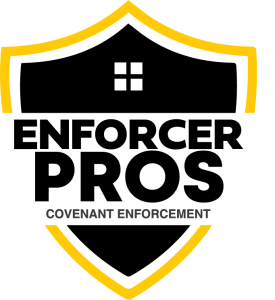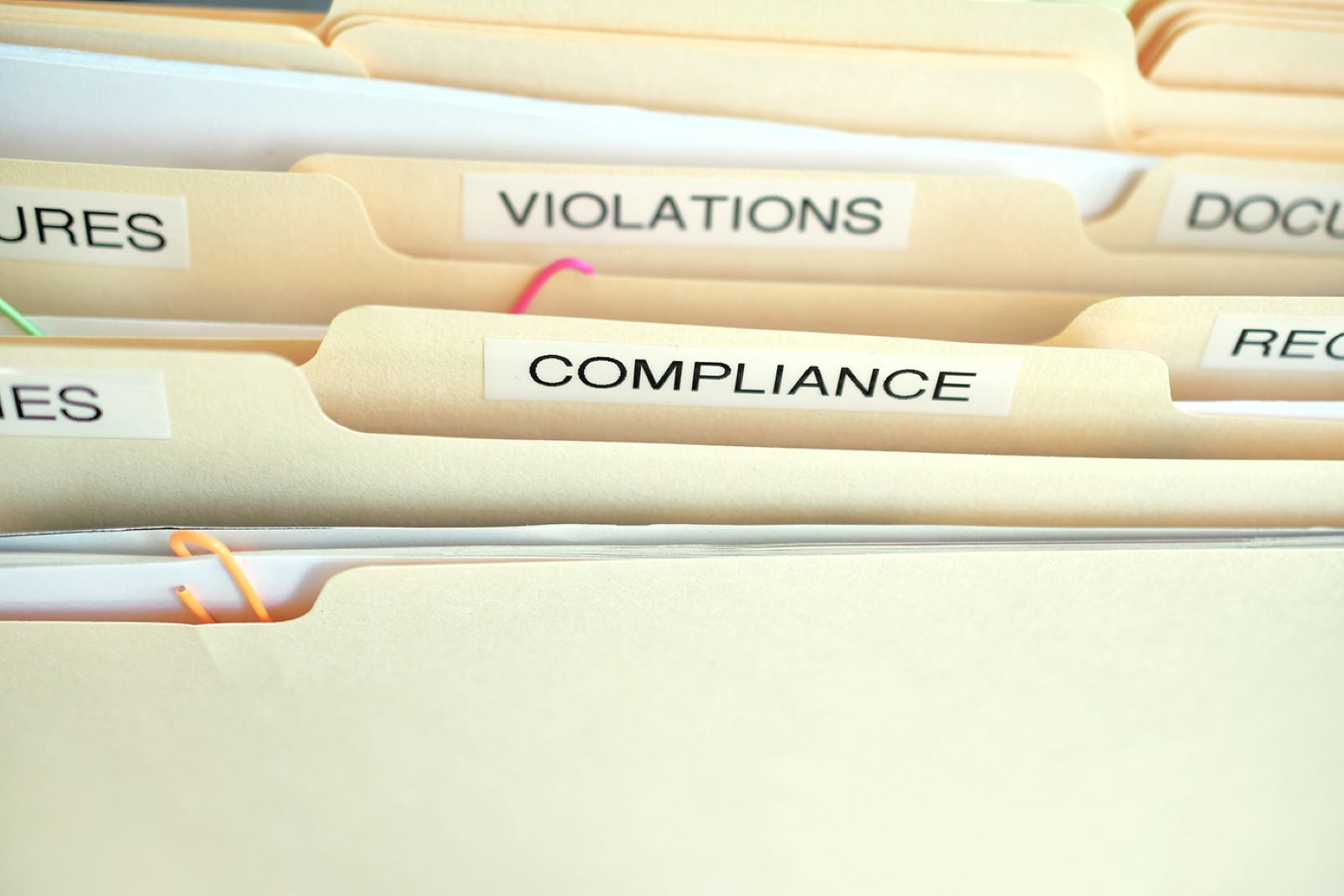Navigating the intricacies of covenant enforcement within a homeowners association (HOA) can be a complex and sometimes contentious journey. When a homeowner receives a notice of violation, they face decisions: to fight, comply, or seek formal approval for their actions. Voluntary compliance often emerges as a viable solution, but it’s not always the end of the story. This blog post explores the legal aspects of covenant enforcement when accused homeowners have already taken corrective measures, considering the complexities of each unique case.
The Dilemma of Voluntary Compliance
In many instances, homeowners find themselves in situations where keeping an improvement, even if it’s against HOA regulations, makes sense. However, there are times when it’s more practical to comply with the HOA’s request or make adjustments to rectify the violation. HOAs, like any organization, may occasionally send out erroneous notices, or homeowners may receive them after already resolving the violation. Voluntary compliance is a step in the right direction, but it doesn’t always mark the end of the journey.
Read more: Unenforceable HOA Rules You Should Know About
HOA Persistence Despite Compliance
Surprisingly, the voluntary compliance of a homeowner often doesn’t halt the covenant enforcement process entirely. It’s not uncommon for the HOA to continue sending letters or even schedule hearings, even when the issue has been rectified. In some cases, pending litigation may loom in the background. The motivations behind such persistence can vary, with HOAs or aggrieved neighbors potentially pursuing legal action out of spite or personal grievances.
A Legal Perspective: When Is It Truly Resolved?
A 2004 case in Fairfax County Circuit Court sheds light on the legal intricacies of voluntary compliance. In the case of Rose Hall HOA v. Charles H. Jelinek, a dispute arose when an architectural application for a black ornamental fence was denied, yet the fence was installed. While the case was ongoing, the Jelineks voluntarily removed the disputed fence. It remains unclear whether they did so due to a violation of covenants or merely to avoid protracted legal action.
The HOA, however, sought to continue the suit, not to reinstate the fence, but to secure attorney’s fees as the prevailing party. The question arose: Did the HOA “prevail” in the litigation because the homeowner removed the fence post-lawsuit? In this case, where no damages were sought, the court found that, with the fence gone, the grounds for an injunction no longer existed. The matter was dismissed, highlighting the concept of “mootness” in equity jurisdiction cases.
Grey Areas in Covenant Enforcement
In certain cases, the question of whether an issue is truly resolved isn’t as clear-cut as a completely removed fence. Some disputes revolve around property usage or how improvements or objects on the property are utilized, rather than their mere presence. For instance, flooding or erosion may not be a daily occurrence, making legal action more complex.
The homeowner might choose to adjust the structure or vegetation to conform to the governing instruments rather than solely following the manager’s directives. The opposition might interpret this as an admission of guilt, but it may misconstrue the homeowner’s intentions. In some cases, disputes escalate due to anger, leading to demands for opponents to cease lawful activities as a form of punishment.
The Art of “Giving In”
In some situations, strategically “giving in” on certain aspects can serve as a powerful legal defense strategy. However, it requires careful navigation to effectively resolve disputes while safeguarding the homeowner’s rights.
In the intricate world of covenant enforcement, voluntary compliance is a significant step, but it doesn’t always guarantee the end of the story. Understanding the nuances of each unique case, the motivations of all parties involved, and the legal intricacies can help homeowners and HOA board members find a resolution that aligns with their respective interests and the overall well-being of the community. Contact us to learn more about how we can assist with your HOA enforcement needs.


